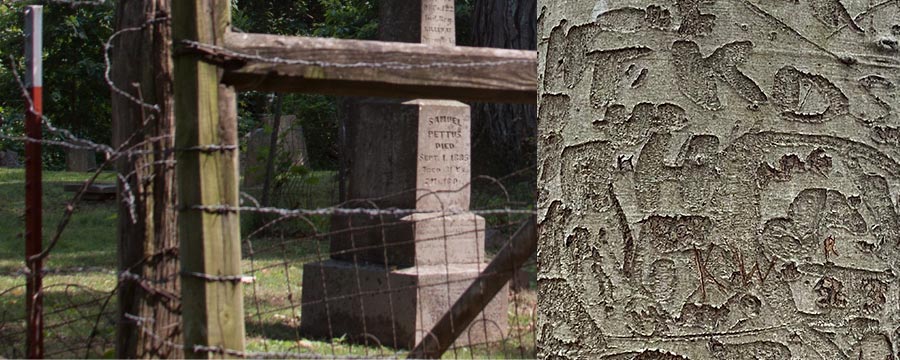



Trails of Existense
My work seems to have a constant subtext centering around the refuse of the human condition and its invention. Humankind has left a trail of his existence across thousands of years. We find evidence of our past by that which has been left behind. Tools, homes, shrines, and weapons... things that have outlasted their progenitors and been left abandoned for time to erase.
Throughout the history of man, that which has been sought out as essential to our survival and well being (the pursuit of food, the need for shelter and warmth, spiritual guidance, etc.) has been achieved only to be discarded, abandoned or lost. As civilizations rise and fall their remains are a reflection of their pursuits and ideologies. The nomadic nature of humans, even today, to move from one spot to another, one home for a better one, one place for a more profitable or richer one has been the legacy of our instinct.
I am curious about those objects and places that we leave behind. The way the absence of our presence affects the meanings and importance of them. At what point does a “home,” with all the implications of the term, cease to be just that? When does a church or shrine or temple cease to be holy... when no one is there to worship? Or are these things simply projections of our ideals onto inanimate objects that become invalid as soon as we have left them?
Those things we have deemed so important at one point become unimportant and abandoned, devoid of their initial sanctity. Today, modern man’s proclivity to produce, acquire and abandon is unrivaled in comparison to previous societies. What do the skeletons of our refuse say about us? Time eventually returns everything, by way of natural reclamation, to the simple materials from which all things are made. This erasure process ultimately condemns all things, including us, to the oblivion of the eons.
2005


